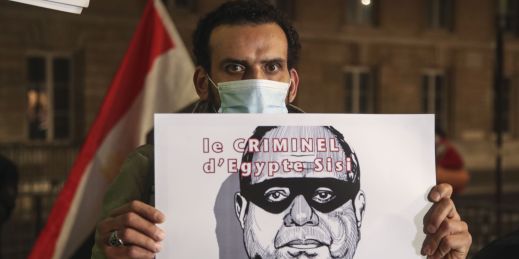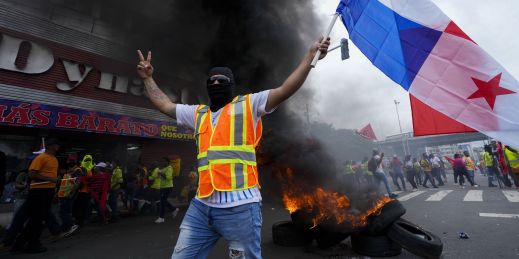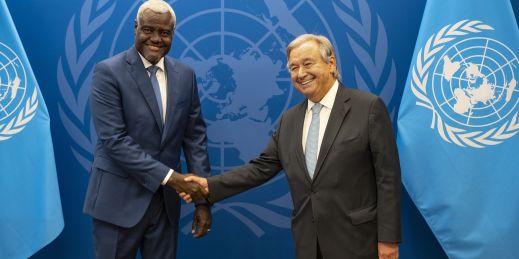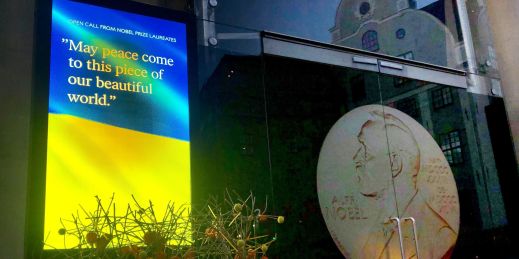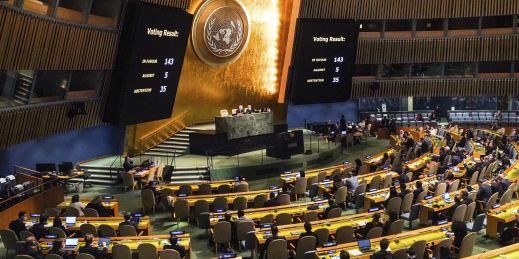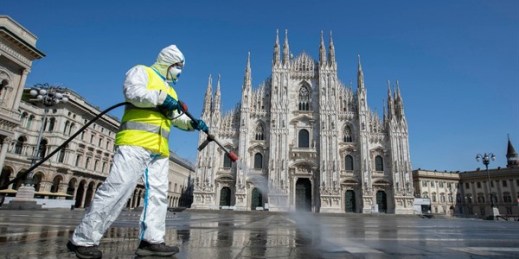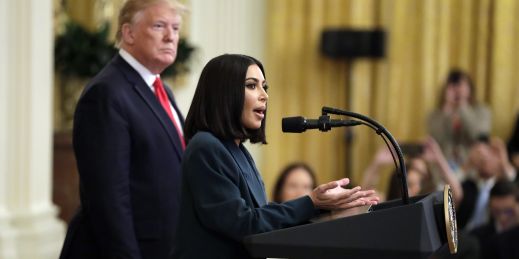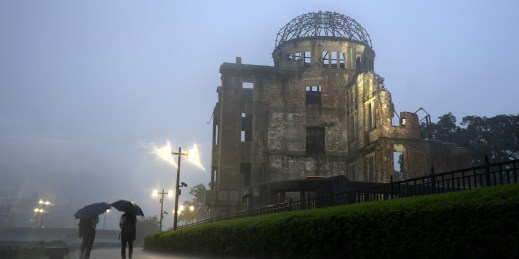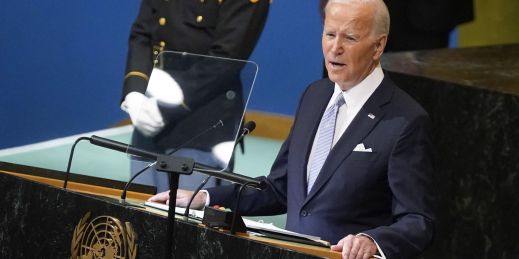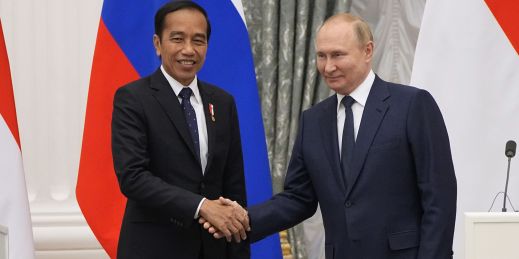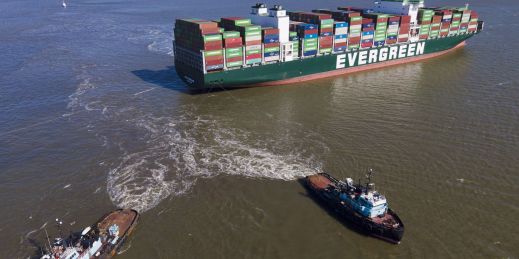
With U.S. President Joe Biden’s latest escalation of the U.S.-China trade war, it’s clear the world is a far cry from the “Golden Age” of economic globalization that marked the 1990s and early 2000s. So how did globalization’s “golden age” come to a halt? Three major factors contributed to the global economy’s fragility.

